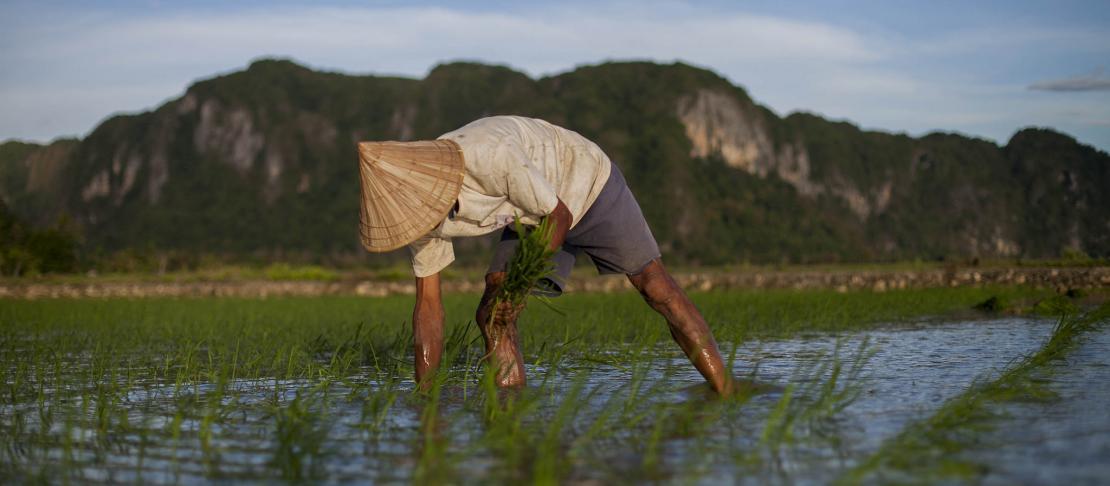Addressing the impacts of climate change in the Philippine agriculture sector

Project description
Until recently, the impact of climate change on the Philippine’s agriculture sector had not been adequately measured and quantified. This major research activity, led by the International Food Policy Research Institute (IFPRI) in collaboration with the Philippines National Economic and Development Authority (NEDA), undertook that task by developing and using appropriate analytic tools for analyzing the effects of climate change on food production.
The research activities, including data collection, modeling outputs and innovative future climate and socio-economic scenario assessments, can be used for decision-making on agriculture, climate change and food security policies for the country. Developed tools were also used in the identification and evaluation of appropriate climate-smart adaptation strategies and technologies for the Philippines. Results of this project served to equip government officials and policymakers, and also farmers, about climate-smart strategies in the design of policies and investment priorities to better prepare the country and to develop a climate resilient agriculture sector and assure food security.
The project analyzed the strengths and weaknesses of policies, and explored the resilience and provisioning capacity of the agricultural sector given future climate scenarios. This collaboration was designed to integrate an innovative set of data, models and scenarios about climate change, agriculture and food security in NEDA’s planning, project evaluation, and investment programming.
Specifically, the project outputs continue to support national, regional and provincial institutions working on climate-smart agriculture in the Philippines by making informed decisions through a better understanding of: (i) the current status and potential impacts of climate change to agriculture; (ii) climate change adaptation strategies and sustainability of agriculture; and (iii) investments and supporting policies to alleviate climate change impacts in agriculture.
Outputs
- Book: The Future of Philippine Agriculture: Scenarios, Policies, and Investments under Climate Change
- Policy forum on 18-19 September where the book was presented: (i) Policy Forum on the future of Philippine agriculture: scenarios, policies, and investments under climate change
- Media coverage on the policy forum: NEDA forum to focus on climate change, agriculture policy
- Brief: The economywide impacts of climate change on Philippine agriculture
- Brief: Agricultural growth and climate resilience in the Philippines: Subnational impacts of selected investment strategies and policies and press release: Study: Climate Change to put Additional 2 million Filipinos at Risk of Hunger by 2050
- CCAFS blog: How will Philippines food production fare under climate change?
- Press release: NEDA to discuss impact of climate change on Philippine agriculture, economic growth
- Workshop presenting results: Engaging national policymakers through scenario analysis and economic modeling in the Philippines
Partners
The project was led by the International Food Policy Research Institute (IFPRI), working with the National Economic and Development Authority (NEDA), Philippines. It also involved collaboration with key experts from national academic institutions, government departments and CGIAR centers, including University of Philippines- Diliman, University of Philippines- Los Baños, De La Salle University, Department of Agriculture, Philippines, Department of Environment and Natural Resources (DENR), Philippines, and the World Agroforestry Center (ICRAF), Philippine country office.
Gender
One of the book chapters, ‘Gender and Climate Change in Philippine Agriculture’, analyses and provides a synthesis of gender-differentiated impacts of climate change and adaptation responses in the Philippine agriculture sector.
Further information
For further information, please contact Mark Rosegrant, Director, Environment and Production Technology Division, International Food Policy Research Institute (IFPRI) at m.rosegrant@cgiar.org and Rowena “Bing” Valmonte-Santos at r.valmonte-santos@cgiar.org.